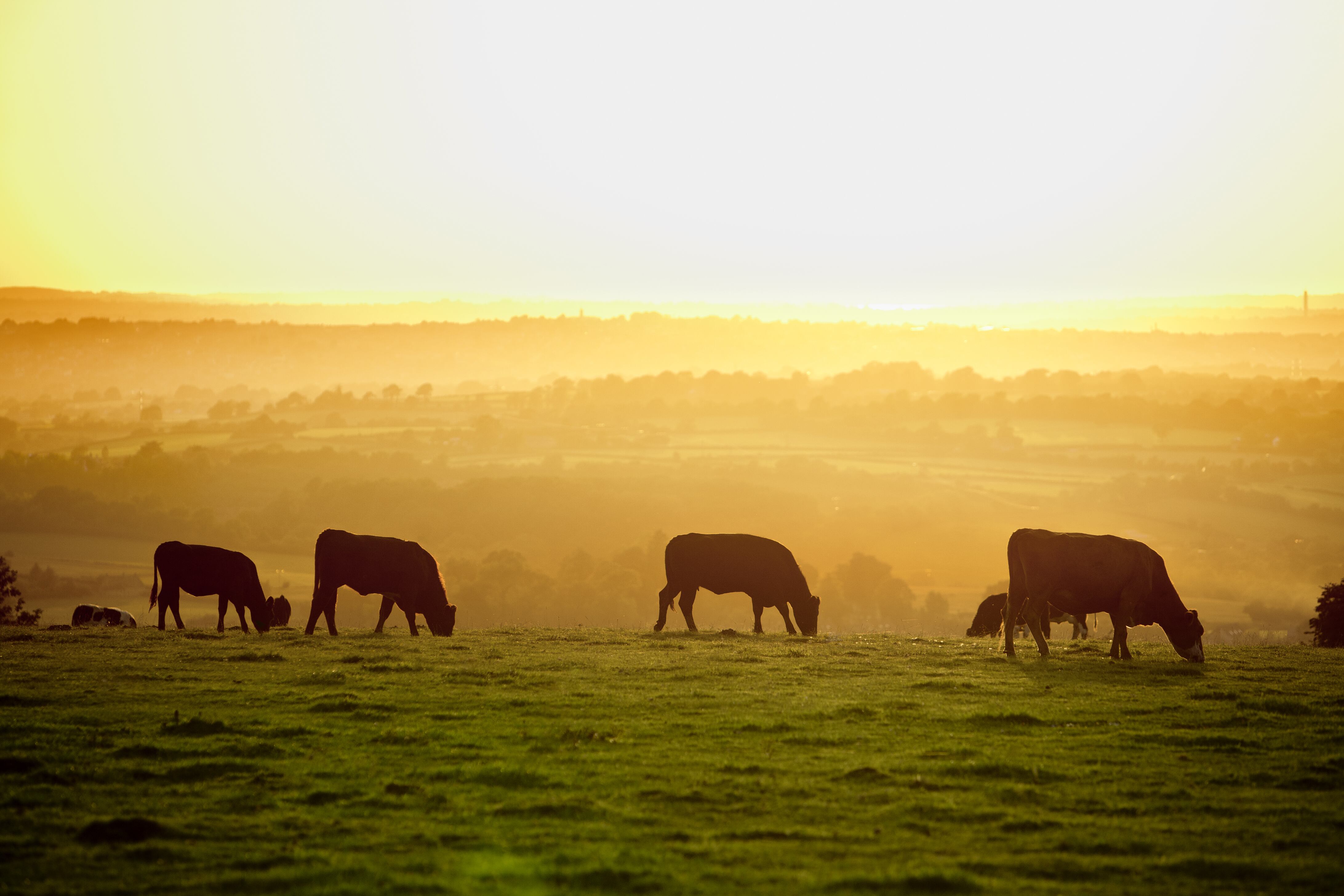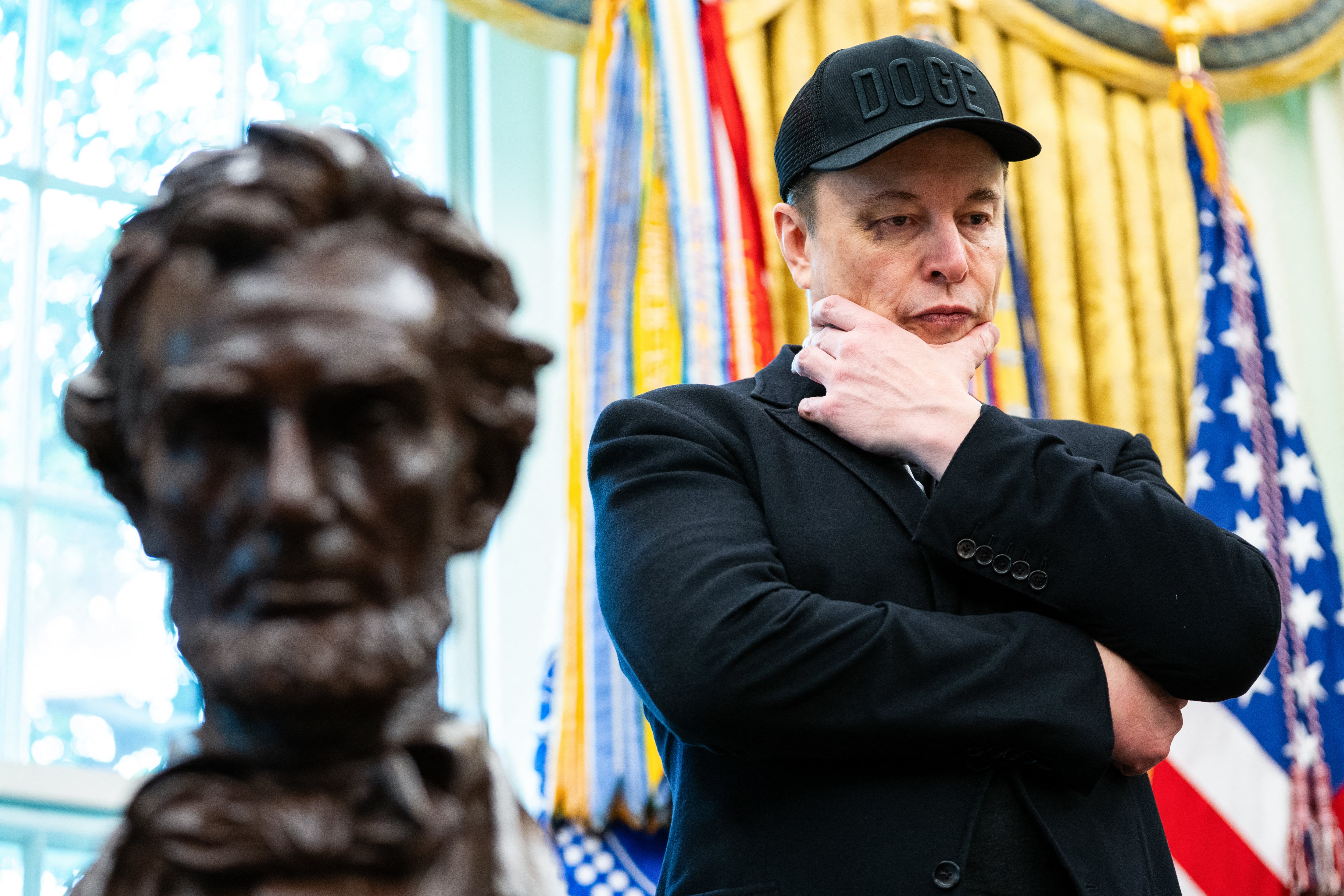Despite the debut of the plant-based Impossible Whopper and campaigns seeking to call attention to the environmental impacts of ranching and livestock, most Americans say they're largely unaware of the environmental beef between eating meat and climate change.
Nearly three-quarters of Americans say they've never talked about the issue with friends and family — and close to two-thirds say they've never been asked by anyone, including a doctor, to eat more plant-based foods, according to a survey of more than 1,000 people by the Yale Center on Climate Change Communication.
And while there might be regular news coverage and no shortage of marketing campaigns around plant-based meats from companies like Impossible Foods and Beyond Meat – and the connection between consuming meat and the environment – more than half of those surveyed say they "rarely or never" hear about the topic in the media.
"For me, I know that a plant-based burger generates 90 percent less greenhouse gases than a quarter-pound beef burger, or that a plant-based burger requires 45 percent less energy than a quarter-pound burger," said Jillian Semaan, director of Food and Environment for Earth Day Network, an environmental advocacy group that commissioned the survey. "The average consumer does not know that, the average consumer does not know what it takes to go into that one burger that that one person is eating, from the feed to the water to the land."
The results underscore the challenges facing companies such as Impossible and Beyond, which have launched high-profile campaigns in recent months to style themselves as tasty, healthy — and Earth-friendly — beef alternatives that they imply are a far-cry from sad black-bean and frozen vegetable-medley patties that vegetarians have long been forced to settle with.
The findings also come as the meat industry has launched a big-money effort, helmed by former Big Tobacco lobbyist Rick Berman, to muddy the waters around such claims from Beyond and Impossible. A Super Bowl commercial and full-page newspaper ad earlier this month sought to portray methylcellulose, a common food additive, as a near-unpronounceable and potentially harmful chemical in the new veggie burgers. (Impossible Foods CEO Pat Brown struck back days later in a YouTube video with a retort of his own: "There's poop in the ground beef we make from cows.")
Such marketing, particularly in light of the gap in consumer awareness and education, promises to be a major battleground in the months ahead.
"Many American consumers are interested in eating a more healthy and climate-friendly diet," Anthony Leiserowitz, director of the Yale Center, said in a statement. "However, many simply don't know yet which products are better or worse — a huge communication opportunity for food producers, distributors, and sellers."
And other barriers remain: Awareness of the environmental impacts of eating meat — and beef especially — broke along socioeconomic lines, the Yale survey found. While Impossible may be available at Burger King, for example, it isn't yet on the Dollar Menu, Semaan pointed out, and perceptions persist that a meal made up entirely of produce and plant-based foods is more expensive than one centered around meat — often because fresh produce can indeed be pricier or difficult to find, especially in lower-income communities.
"It costs too much to buy plant-based," Semaan said. "As a consumer that frequents a Burger King, even if they want to do this for the betterment for their health and the planet, cost is such a barrier."









